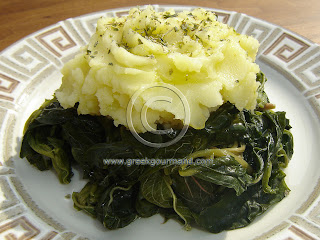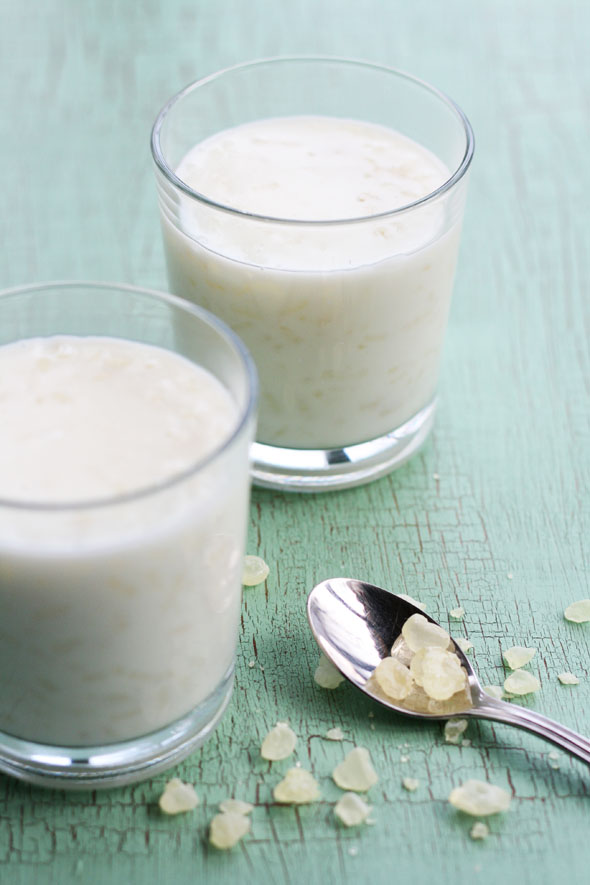Amaranth with Scorthalia (Βλήτα με Σκορδαλιά)
 Amaranth with Scorthalia - Click to Enlarge Image
Amaranth with Scorthalia - Click to Enlarge Image
A Rose and an Amaranth blossomed side by side in a garden,
and the Amaranth said to her neighbour,
"How I envy you your beauty and your sweet scent!
No wonder you are such a universal favourite."
But the Rose replied with a shade of sadness in her voice,
"Ah, my dear friend, I bloom but for a time:
my petals soon wither and fall, and then I die.
But your flowers never fade, even if they are cut;
for they are everlasting."
and the Amaranth said to her neighbour,
"How I envy you your beauty and your sweet scent!
No wonder you are such a universal favourite."
But the Rose replied with a shade of sadness in her voice,
"Ah, my dear friend, I bloom but for a time:
my petals soon wither and fall, and then I die.
But your flowers never fade, even if they are cut;
for they are everlasting."
- Aesop, The Rose and Amaranth
Looking to add some more leafy greens to your diet? Greeks generally consume more leafy greens, vegetables, and fruits than all other Europeans. Wild greens in particular are quite popular throughout Greece and this has led to the semi-domestication of certain species. One of my family’s favourites is Amaranth, or more colloquially known as “vlita” in Greece [Gr. βλήτα pronounced ‘VLEE-tah’].
The name Amaranth comes from the Greek amaranthos (αμάρανθος) the "un-withering," or “fadeless” (flower). Associated since the most ancient times with the goddess of the hunt, Artemis, the amaranth grows like a weed throughout Greece; both on the mainland and throughout the islands. Though, regional differences in referring to species of this wild herb ascribe different names to it, for instance, on the island of Kefalonia a mottled-leaf species of vlita is referred to as papagalos (παπαγάλος) or “parrot”. Suffice it to say, the term vlita is all you need to remember should you ever wish to find some anywhere in Greece.

Amaranth in our kitchen garden - Click to Enlarge Image
Many families, my own included, actively cultivate amaranth in our kitchen gardens, as it is a truly wonderful accompaniment for some grilled fish, or to have on its own as a salad or vegetarian entree. Typically, my family and most others from Arcadia, will eat vlita blanched and drizzled with some olive oil, lemon juice or vinegar, and sprinkled with salt, oregano, and pepper; with perhaps some chopped garlic thrown in as well. On the other hand, my wife’s family which is from neighbouring Laconia, enjoys vlita with a helping of a traditional garlic sauce called Scorthalia [Gr. Σκορδαλιά pronounced ‘score-thal-YA’].
As this recipe is the Laconian version of a vlita salad it therefore requires a recipe for Scorthalia. Now, traditionally speaking, Scorthalia can be made with ground walnuts or almonds, or simply with day-old bread soaked in water and squeezed out. Since the introduction of the potato to Greece, Scorthalia has also been made with mashed potatoes. This recipe will detail the potato version of Scorthalia and I will share the other versions some other time.
Ingredients:
3 large potatoes, peeled
7 garlic cloves, peeled and pressed or finely shredded
1/3 cup Greek extra virgin olive oil
1/3 cup vinegar (I use Greek wine vinegar)
1 tablespoonful dried Greek oregano
Salt and pepper to taste
Preparing the Scorthalia:
- Fill a medium sized saucepan with water (3/4 or so full) and a dash of salt, place on stove and bring to boil.
- Cut potatoes into eighths and add to boiling water. Boil potatoes until soft then drain them and put them in a medium to large sized mixing bowl.
- Using a potato masher, or a large fork, proceed to thoroughly mash the potatoes.
- Once potatoes have been mashed, add the pressed garlic, along with the olive oil, vinegar, salt and pepper, and resume mashing and stirring to incorporate all the ingredients. Try to ensure that there are no lumps of potato remaining in the mix. When a uniform and creamy state has been achieved, set the Scorthalia aside.
Preparing the Amaranth (Vlita):
- Soak amaranth leaves and shoots for about 15 minutes in cold water, then rinse them off and set aside.
- Bring a large pot of salted water to a boil.
- Add amaranth leaves and shoots to the pot and boil for 5-8 minutes until the leaves are a dark green colour and the shoots are noticeably tender. Remove from pot, and place in a colander, run under a stream of cold water, and then set aside to drain for 15 minutes.



Comments
Post a Comment